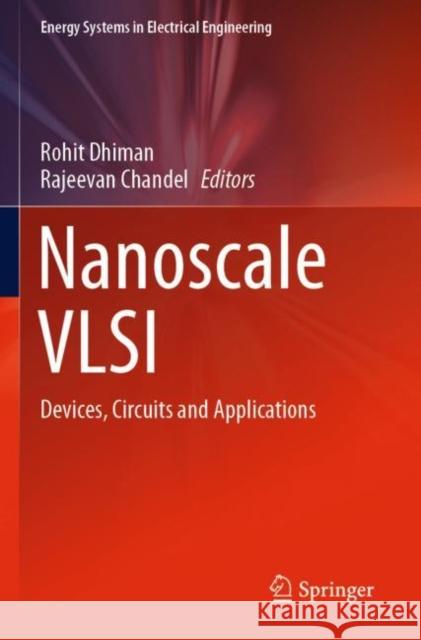Nanoscale VLSI: Devices, Circuits and Applications » książka
topmenu
Nanoscale VLSI: Devices, Circuits and Applications
ISBN-13: 9789811579394 / Angielski / Miękka / 2021
Nanoscale VLSI: Devices, Circuits and Applications
ISBN-13: 9789811579394 / Angielski / Miękka / 2021
cena 603,81
(netto: 575,06 VAT: 5%)
Najniższa cena z 30 dni: 578,30
(netto: 575,06 VAT: 5%)
Najniższa cena z 30 dni: 578,30
Termin realizacji zamówienia:
ok. 16-18 dni roboczych.
ok. 16-18 dni roboczych.
Darmowa dostawa!
This book describes methodologies in the design of VLSI devices, circuits and their applications at nanoscale levels. The book begins with the discussion on the dominant role of power dissipation in highly scaled devices.The 15 Chapters of the book are classified under four sections that cover design, modeling, and simulation of electronic, magnetic and compound semiconductors for their applications in VLSI devices, circuits, and systems. This comprehensive volume eloquently presents the design methodologies for ultra–low power VLSI design, potential post–CMOS devices, and their applications from the architectural and system perspectives. The book shall serve as an invaluable reference book for the graduate students, Ph.D./ M.S./ M.Tech. Scholars, researchers, and practicing engineers working in the frontier areas of nanoscale VLSI design.











